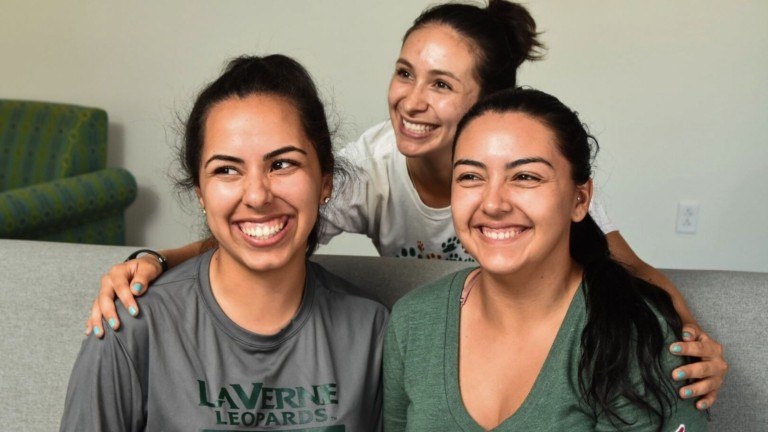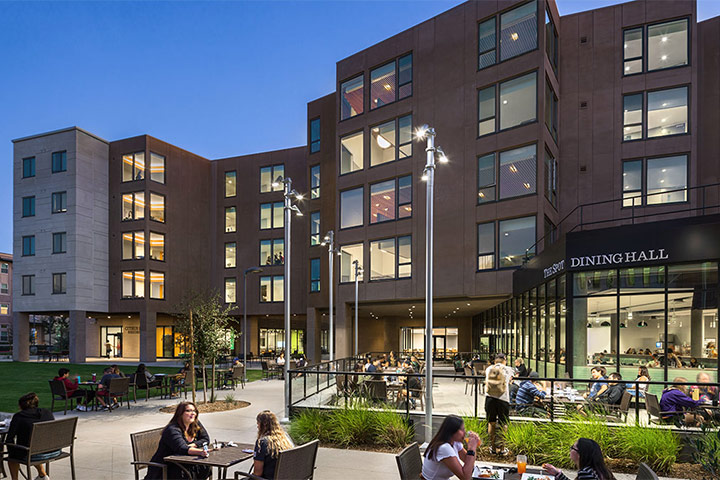Raising the Bar: La Verne Law 1st-time takers achieve 73% pass rate
Where national and statewide figures show a decline in bar pass rates by first-time takers for the July 2014 bar exam, University of La Verne College of Law graduates proved capable of bucking those trends. In fact, when their performance on the July 2014 California bar exam is combined with the February 2014 results, La Verne Law’s first-time takers finished the year with a 73% success rate.
Nationally, state pass rates by first-time takers for the July 2014 bar exam saw a broad and significant drop, with decreases as high as 15 points. Similarly, California’s first-time pass rate for ABA law schools reflected a continuing downward trend.
Data received from the Office of Admissions of the State Bar of California indicated a drop in the state’s ABA bar pass rate from 77% in July 2012 to 76% in July 2013 to 69% on the July 2014 exam.
In comparison, La Verne Law’s first-time pass rate year-to-year remained relatively stable, with its 68% in July 2013 succeeded by a 66% on the July 2014 exam. La Verne Law’s February 2014 results featured a pass rate 19 points above the statewide average, elevating the law school’s annual first-time rate of 73%.
“I am exceedingly proud of the effort and commitment of our graduates and of the faculty, staff and administrators at the College of Law,” said La Verne Law Dean Gilbert Holmes. “These bar pass results stem from our collective focus on success.”
One major factor involved in the success of La Verne Law graduates in passing the bar has been the resources the law school has provided through its Center for Academic & Bar Readiness (CABR). Its customized post-graduation bar review – the Bar Exam Strategic Training (BEST) Program – is available to La Verne Law students at no additional charge.
According to Assistant Dean for CABR Jendayi Saada, La Verne Law’s pass rates are strongly correlated with the level of participation and engagement in BEST by its graduates.
“Success on the bar exam requires strong skills, hard work and commitment to the process on the part of the students as well as dedicated support for the students from the College of Law,” said Saada. “Our students have all of that.”
La Verne Law graduates’ success in the face of decreasing pass rates across the country also reflects well on the law school’s revised curriculum and approach.
“The consistency of the first-time bar pass results at a time of national and local decline is a manifestation of the strength of our program of legal education – the La Verne Model of Legal Education – which emphasizes broad access, transformative learning experience and a secure path to career success and satisfaction,” said Holmes.


